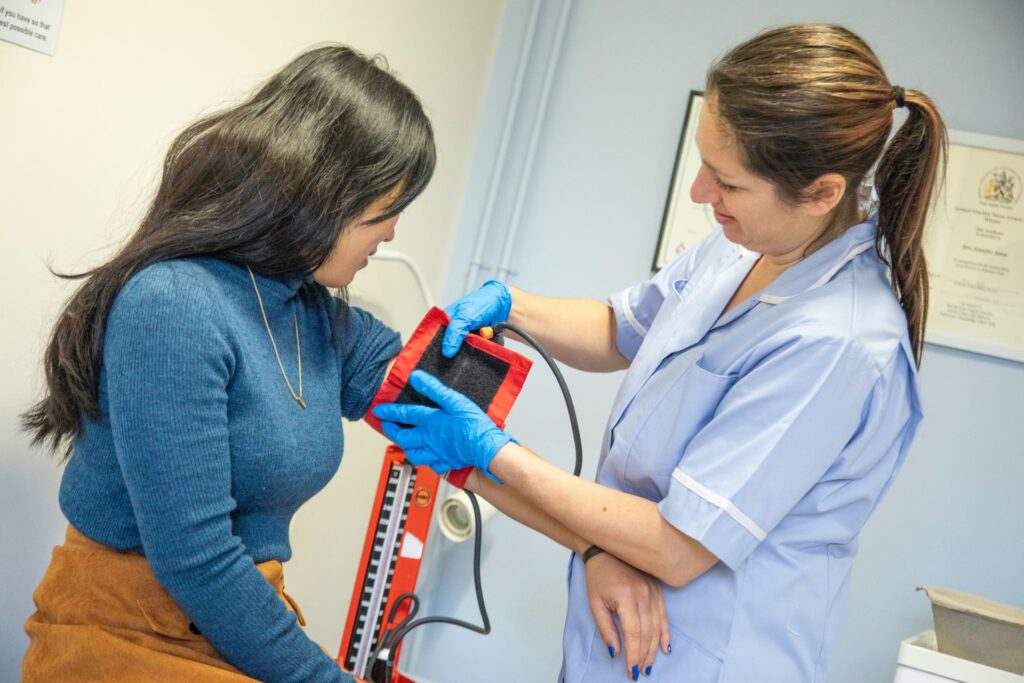Tri Health Family Wellness Center
Understanding Polycystic Ovary Syndrome (PCOS)
What is PCOS?
Polycystic Ovary Syndrome (PCOS) is a hormonal disorder that affects the reproductive system in women. It is characterized by enlarged ovaries containing small cysts, imbalanced hormone levels, and various symptoms that can impact fertility, menstrual cycles, and overall health.
Common Symptoms:
- Irregular menstrual cycles: Women with PCOS may experience infrequent or prolonged periods, or even skip periods altogether.
- Excess androgen hormones: Higher levels of male hormones can lead to acne, excessive hair growth (hirsutism), and hair loss.
- Polycystic ovaries: The ovaries may develop multiple small cysts.
- Weight gain: PCOS can make it more challenging to manage weight due to insulin resistance.
- Skin issues: Oily skin, dark patches, or skin tags may occur.
- Infertility: PCOS can affect fertility due to irregular ovulation or problems with egg development.
Causes and Risk Factors:
The exact cause of PCOS is unknown, but factors such as genetics, insulin resistance, and excessive insulin production are believed to play a role. Other risk factors include obesity, family history of PCOS, and sedentary lifestyle.
Diagnosis and Treatment:
If you suspect you have PCOS, consult a healthcare professional. Diagnosis typically involves a physical exam, blood tests to check hormone levels, and ultrasound imaging of the ovaries. While there is no cure for PCOS, treatment aims to manage symptoms and improve overall health. Options may include:
- Lifestyle changes: Adopting a healthy diet, regular exercise, and weight management can help regulate hormones and improve symptoms.
- Medications: Hormonal birth control pills, anti-androgen medications, and insulin-sensitizing drugs may be prescribed to address specific symptoms.
- Fertility treatments: If you’re trying to conceive, your doctor may recommend medications or assisted reproductive techniques to aid ovulation.
Self-Care Tips:
- Prioritize a balanced diet with plenty of fruits, vegetables, lean proteins, and whole grains.
- Stay physically active to help maintain a healthy weight and manage insulin levels.
- Manage stress through relaxation techniques like deep breathing, meditation, or engaging in hobbies.
- Regularly visit your healthcare provider for check-ups and to monitor your condition.
- Connect with support groups or online communities to share experiences and find emotional support.
Remember, every individual’s experience with PCOS is unique, and personalized care is crucial. By working closely with healthcare professionals and making positive lifestyle changes, you can effectively manage PCOS and improve your quality of life.



